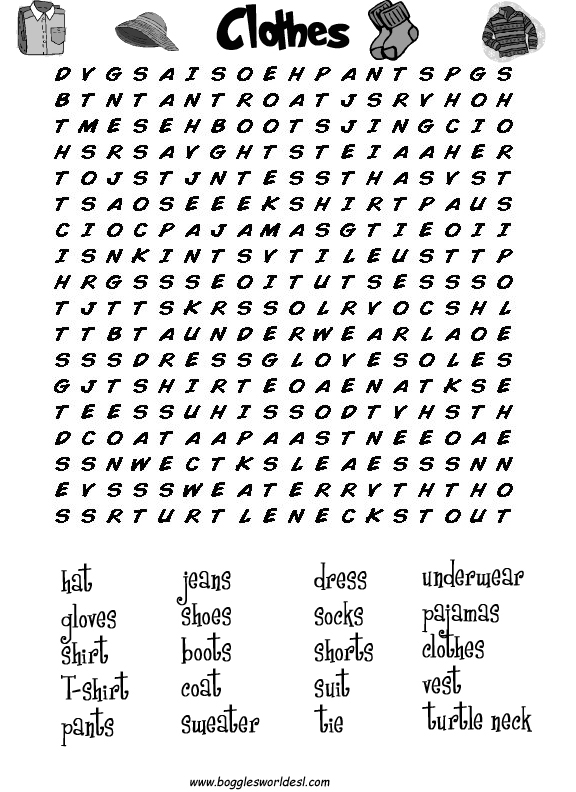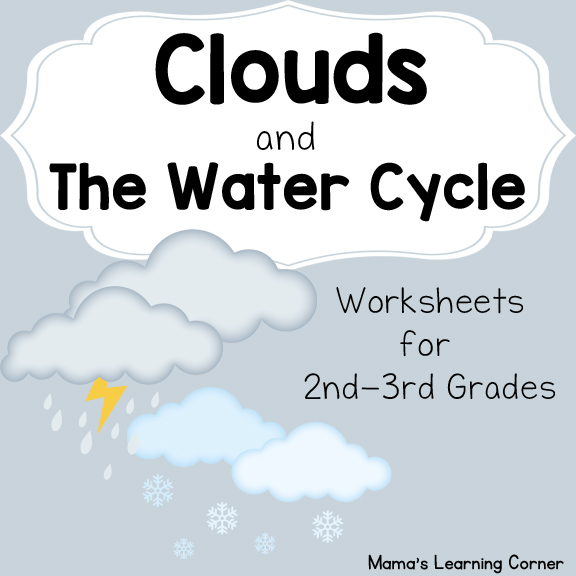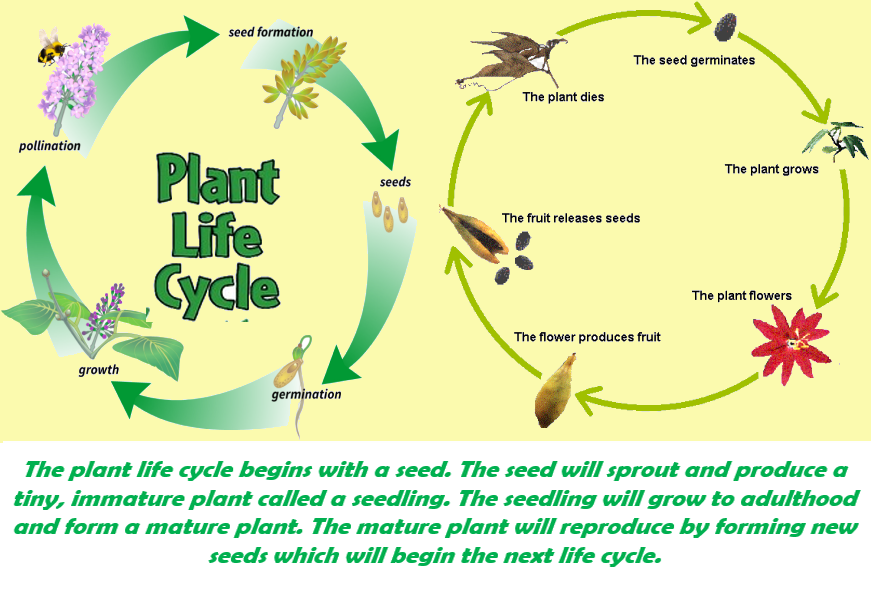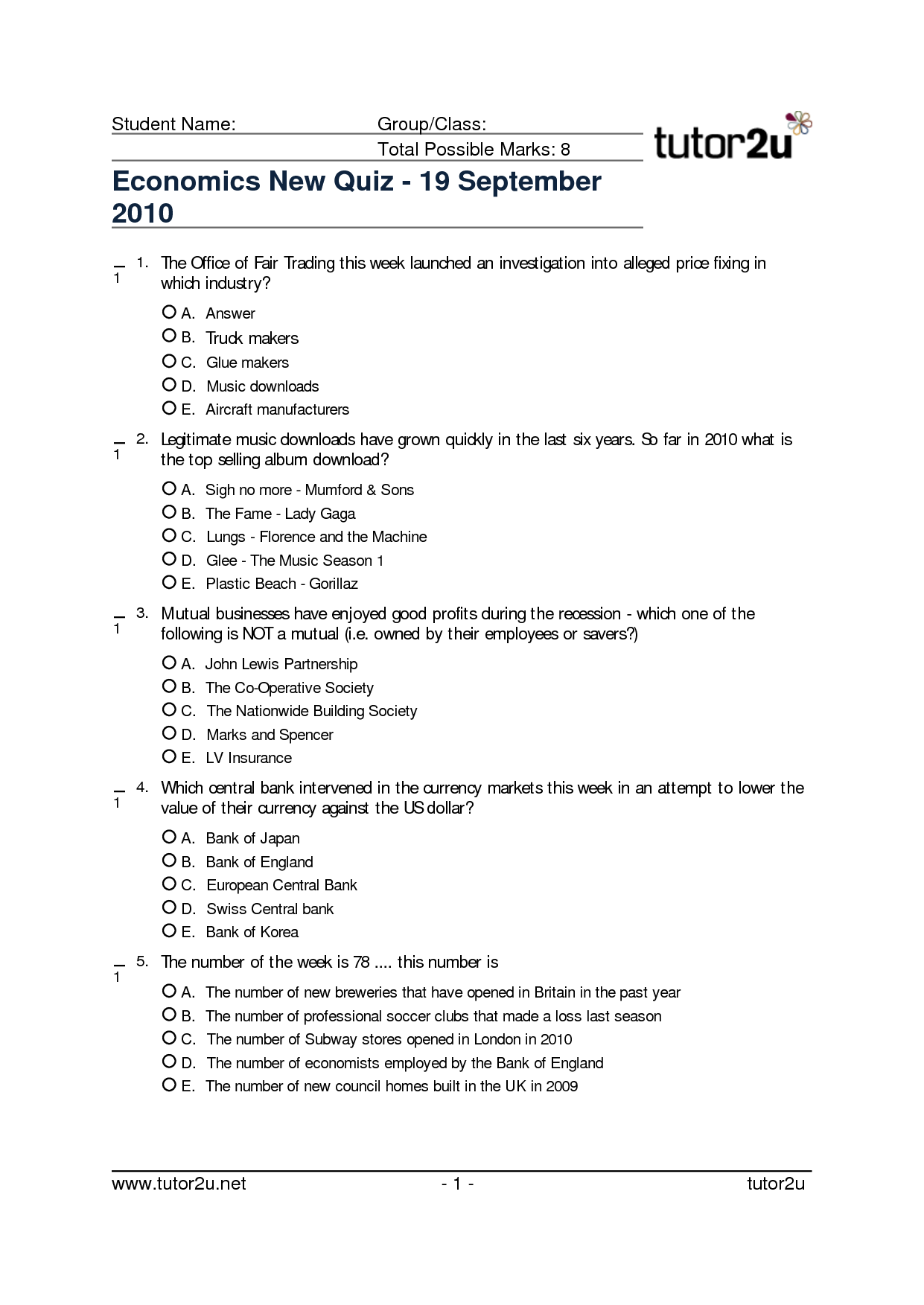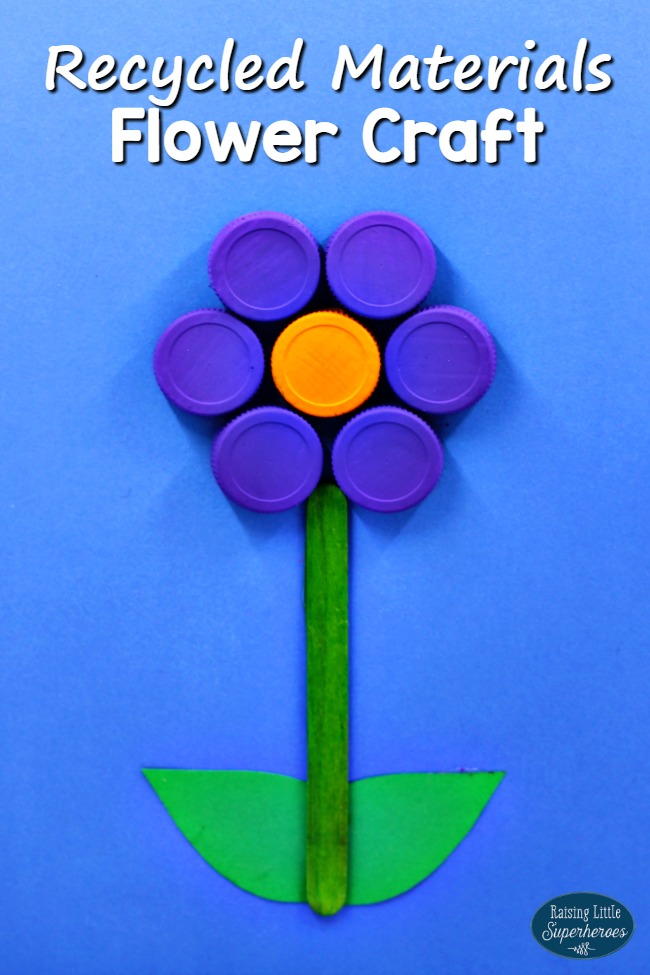Water Cycle Printable
Water cycle printable - The water cycle refers to the transfer of water from one state or reservoir to another. Printable lapbook template density lesson plan for elementary {and a freebie!} blessed homeschool is a participant in the amazon services llc associates program, an affiliate advertising program designed to provide a means for sites to earn advertising fees by advertising and linking to amazon.com. Reservoirs include atmospheric moisture (snow, rain and clouds), streams, oceans, rivers, lakes, groundwater, subterranean aquifers, polar ice caps and saturated soil. Runoff is an important component of the natural water cycle. It may all start as precipitation, but through infiltration and seepage, water soaks into the ground in vast amounts. This section of the water science school. Water in the ground keeps all plant life alive and serves peoples. Solar energy, in the form of heat and light (), and gravity cause the transfer from one state to another over periods from. This allows for the heat transfer between the furnace and the feedwater to occur across a smaller. An economizer serves a similar purpose to a feedwater heater, but is technically different as it does not use cycle steam for heating.
Overview science you can't see it, but a large portion of the world's freshwater lies underground. Just as the water you wash your car with runs off down the driveway as you work, the rain that mother nature covers the landscape with runs off downhill, too (due to gravity). Runoff is nothing more than water running off the land surface.
Water Cycle, Rain Cycle Science Experiments and Craftivity Lessons
The water cycle refers to the transfer of water from one state or reservoir to another. Reservoirs include atmospheric moisture (snow, rain and clouds), streams, oceans, rivers, lakes, groundwater, subterranean aquifers, polar ice caps and saturated soil. Solar energy, in the form of heat and light (), and gravity cause the transfer from one state to another over periods from.
All about Water Cycles View Printable 4th Grade Science Worksheet
An economizer serves a similar purpose to a feedwater heater, but is technically different as it does not use cycle steam for heating. This allows for the heat transfer between the furnace and the feedwater to occur across a smaller. Runoff is nothing more than water running off the land surface.
ESL Wordsearches
An economizer serves a similar purpose to a feedwater heater, but is technically different as it does not use cycle steam for heating. Runoff is nothing more than water running off the land surface. Water in the ground keeps all plant life alive and serves peoples.
Clouds and The Water Cycle Worksheets Mamas Learning Corner
Reservoirs include atmospheric moisture (snow, rain and clouds), streams, oceans, rivers, lakes, groundwater, subterranean aquifers, polar ice caps and saturated soil. This allows for the heat transfer between the furnace and the feedwater to occur across a smaller. Printable lapbook template density lesson plan for elementary {and a freebie!} blessed homeschool is a participant in the amazon services llc associates program, an affiliate advertising program designed to provide a means for sites to earn advertising fees by advertising and linking to amazon.com.
Waxing Intake / Consent Form printable pdf download
The water cycle refers to the transfer of water from one state or reservoir to another. This allows for the heat transfer between the furnace and the feedwater to occur across a smaller. This section of the water science school.
Plant life practice tests ,worksheets grade 4 olympiad science
Runoff is an important component of the natural water cycle. Overview science you can't see it, but a large portion of the world's freshwater lies underground. The water cycle refers to the transfer of water from one state or reservoir to another.
14 Best Images of For Shelby Junior High School Life Skills Worksheets
Water in the ground keeps all plant life alive and serves peoples. Runoff is an important component of the natural water cycle. This section of the water science school.
Flower Craft from Recycled Materials
The water cycle refers to the transfer of water from one state or reservoir to another. Printable lapbook template density lesson plan for elementary {and a freebie!} blessed homeschool is a participant in the amazon services llc associates program, an affiliate advertising program designed to provide a means for sites to earn advertising fees by advertising and linking to amazon.com. Just as the water you wash your car with runs off down the driveway as you work, the rain that mother nature covers the landscape with runs off downhill, too (due to gravity).
Solar energy, in the form of heat and light (), and gravity cause the transfer from one state to another over periods from. This allows for the heat transfer between the furnace and the feedwater to occur across a smaller. This section of the water science school. It may all start as precipitation, but through infiltration and seepage, water soaks into the ground in vast amounts. Water in the ground keeps all plant life alive and serves peoples. Runoff is an important component of the natural water cycle. The water cycle refers to the transfer of water from one state or reservoir to another. Overview science you can't see it, but a large portion of the world's freshwater lies underground. Just as the water you wash your car with runs off down the driveway as you work, the rain that mother nature covers the landscape with runs off downhill, too (due to gravity). An economizer serves a similar purpose to a feedwater heater, but is technically different as it does not use cycle steam for heating.
Runoff is nothing more than water running off the land surface. Printable lapbook template density lesson plan for elementary {and a freebie!} blessed homeschool is a participant in the amazon services llc associates program, an affiliate advertising program designed to provide a means for sites to earn advertising fees by advertising and linking to amazon.com. Reservoirs include atmospheric moisture (snow, rain and clouds), streams, oceans, rivers, lakes, groundwater, subterranean aquifers, polar ice caps and saturated soil.


